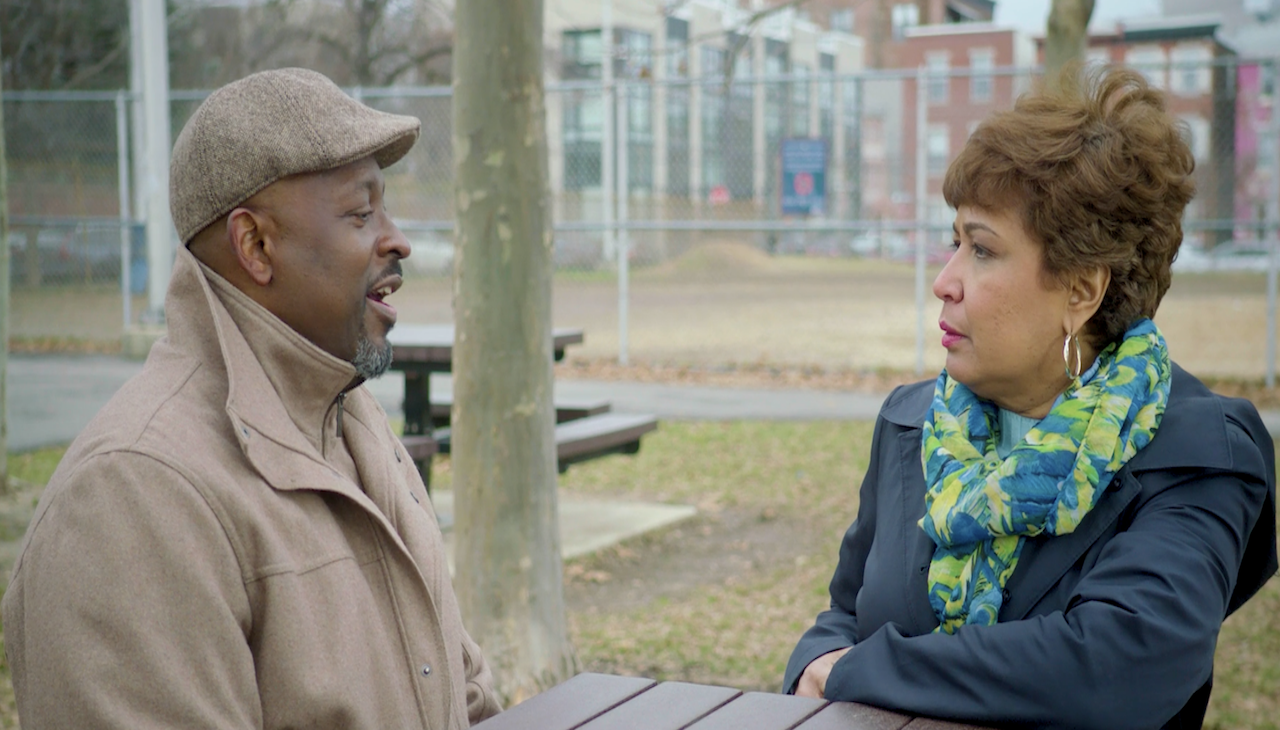
Only one candidate in the Philly mayoral race has released Spanish-language commercials, campaign literature
Maria Quiñones Sánchez released a handful of commercials, many of which appeal to the city’s Latino community.
Editor’s Note: This article uses the term ‘Latino’ interchangeably and refers to a broader Spanish-speaking group, including, but not limited to, Hispanic, Latina, Latinx, Latine, etc.
Maria Quiñones Sánchez is the only candidate to have released several Spanish-language commercials into the mayoral airwaves, citing structural issues within policing, which she’s pledged to address to a largely disengaged audience.
A 14-year incumbent in City Council, Quiñones Sánchez’s spending efforts for ads pale compared to her opponents, most of whom have injected millions of dollars to expand campaign messaging.
Still, five reported ads and multi-language campaign copy were released by the Quiñones Sánchez camp targeting the city’s Spanish-speaking residents, which make up a quarter of Philly’s total population.
In one ad released two weeks ago, Quiñones Sánchez called for “clean, safe, and equitable neighborhoods, and eliminating politics that divides families instead of empowering them,” the ad, narrated by the candidate herself, declared.
Quiñones Sánchez’s public safety platform includes revising policies through the city’s Health and Human Services Department, calling for it to “restore its commitment to strengthen vulnerable families and reject policies that disrupt and separate families because of their economic conditions.”
In another more upbeat commercial, Quiñones Sánchez — born in Puerto Rico though raised in Philly —- honed in on her city roots, stemming from her upbringing in public housing and her time as a journalist for a shuttered community newspaper.
Her first ad, released in early February, was a commercial addressing policing, communicated through a personal experience in 1991 when a young man with a gun assaulted Quiñones Sánchez and her son.
The ad goes in an uncommon direction. The encounter, she said, was a result of systemic failures, leading to the outcome in which Quiñones Sánchez and her firstborn son were at the receiving end of a gun.
“The young man who assaulted us was more afraid than we were. These are failures within a system that doesn’t protect us. Having worked with our police in some of the more dangerous neighborhoods, they know we need strategies for our programs and efforts to work,” she narrates.
A second commercial addressing policing hinted at some of the sentiments expressed by Quiñones Sánchez on the campaign trail, mainly regarding a disjointed approach by the city’s operating departments.
“I’ve worked with the police in very dangerous areas. We need all of our departments and the cooperation from all of our leaders.”
The campaign’s ads on policing track with Quiñones Sánchez’s public safety platform, which emphasizes clean neighborhoods, the installation of security cameras, prioritizing license and inspection permitting for businesses located in more dangerous neighborhoods, in addition to reforms for the Philadelphia Police Department.
Does money decide the race?
In a race where objective polling is notably absent, the ability to fuel a campaign with funds has shaped the conversation around popularity and viability on the path to elect Philly’s 100th mayor.
Mega grocer Jeff Brown, proprietor of Shoprite and a board member at Wakefern corporation, is awash with personal funds, remarkably pouring north of $3 million to his campaign coffers with at least $1 million from his personal wealth.
Brown — whose gaffes include an endorsement correction from the former First Lady of the United States, Michelle Obama, and the use of the word “lynch” when speaking to a white voter — is a documented frontrunner, given his monetary force.
Some unions have also rallied behind Brown.
Real estate magnate Allan Domb is first in the race by a lot, and he was the first candidate to trigger the ‘Millionaire’s Amendment,’ a city stipulation that limits outside campaign contributions until a candidate self-funds $250,000.
RELATED CONTENT
Once triggered, campaign benefactors can double their contributions, per the city’s campaign finance law. Domb has reportedly poured $7 million of his own money into his campaign to date.
Helen Gym, another top fundraiser, received the highest number of grassroots contributions among candidates.
Campaign literature
But even as campaigns flex their fundraising muscles, little was invested in reaching the city’s non-English speaking population.
A review of campaign websites belonging to Helen Gym, Jeff Brown, Allan Domb, Cherelle Parker, and Rebecca Rhynhart — who was recently endorsed by the Philadelphia Inquirer — found that no campaign contained literature in any other language but English.
Yet Quiñones Sánchez, whose critics said her fundraising dogged her ability to run a campaign, displays campaign literature in English, Spanish, Chinese, and Arabic.
According to campaign finance reports, Quiñones Sánchez was well behind her opponents, making it unlikely that she’ll sway enough donors, whether deep-pocketed or grassroots, to match her contenders by the primary.
Voter engagement
Philly’s Latino population exploded over the last 20 years, having observed a 27% growth since the year 2000, with most settling in North Philly.
The growth in number has been palpable in recent years, as the number of Latino, Spanish-speaking candidates appear on municipal election ballots. But despite these inroads, Latino voters remain largely disengaged from the political process.
Polls ran in the 2022 midterms found that while Latinos are aware of pressing issues — and hold political alignments — it remains a trend that political contenders and hopefuls don’t speak to Spanish-speaking voters.
Philly, particularly, struggles with general voter turnout, and the Latino-majority wards still have the lowest turnout numbers in the city.
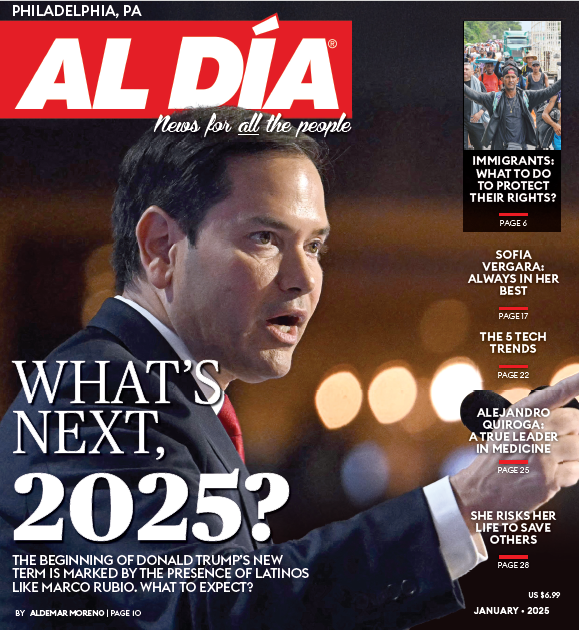

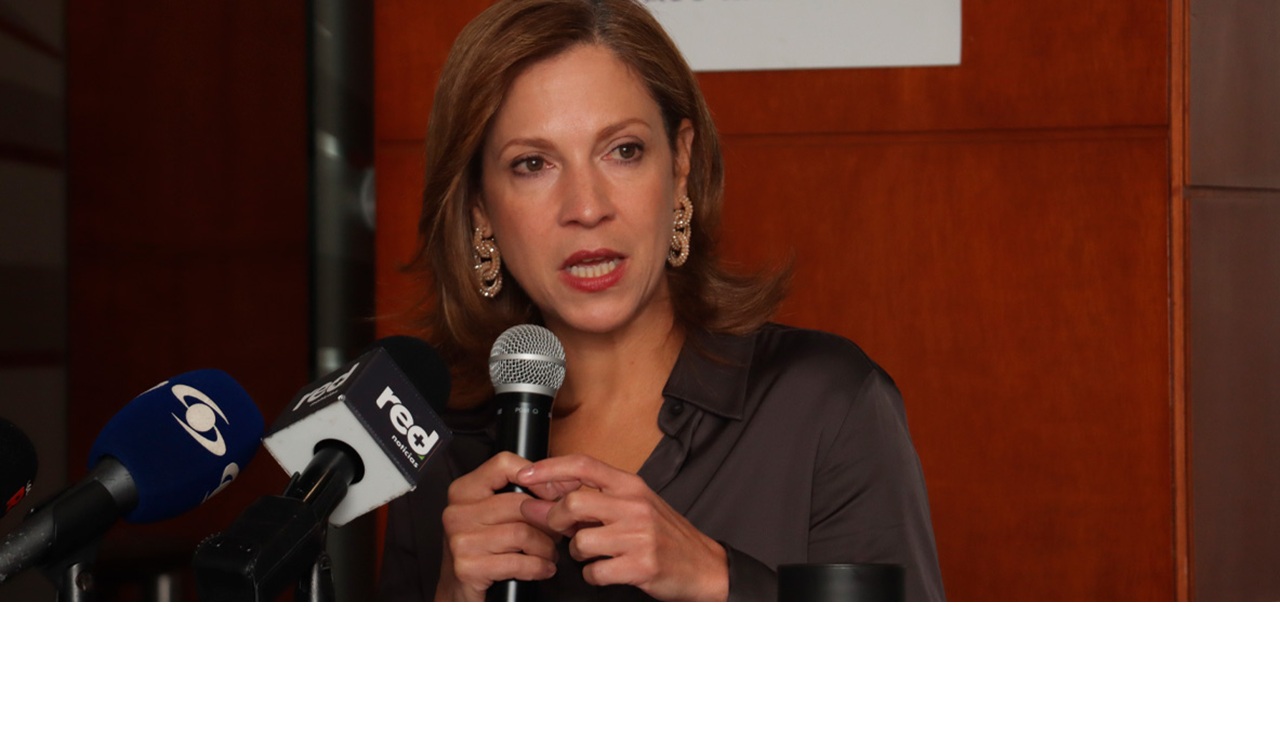
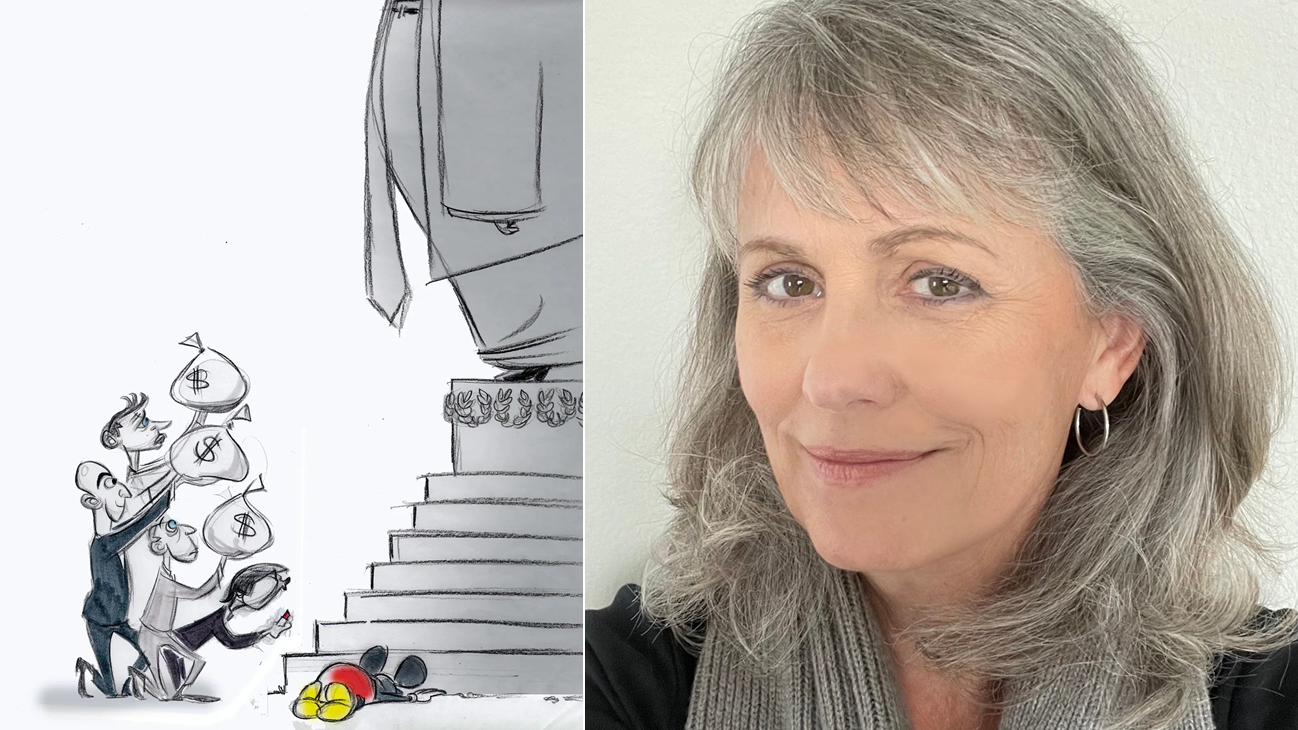
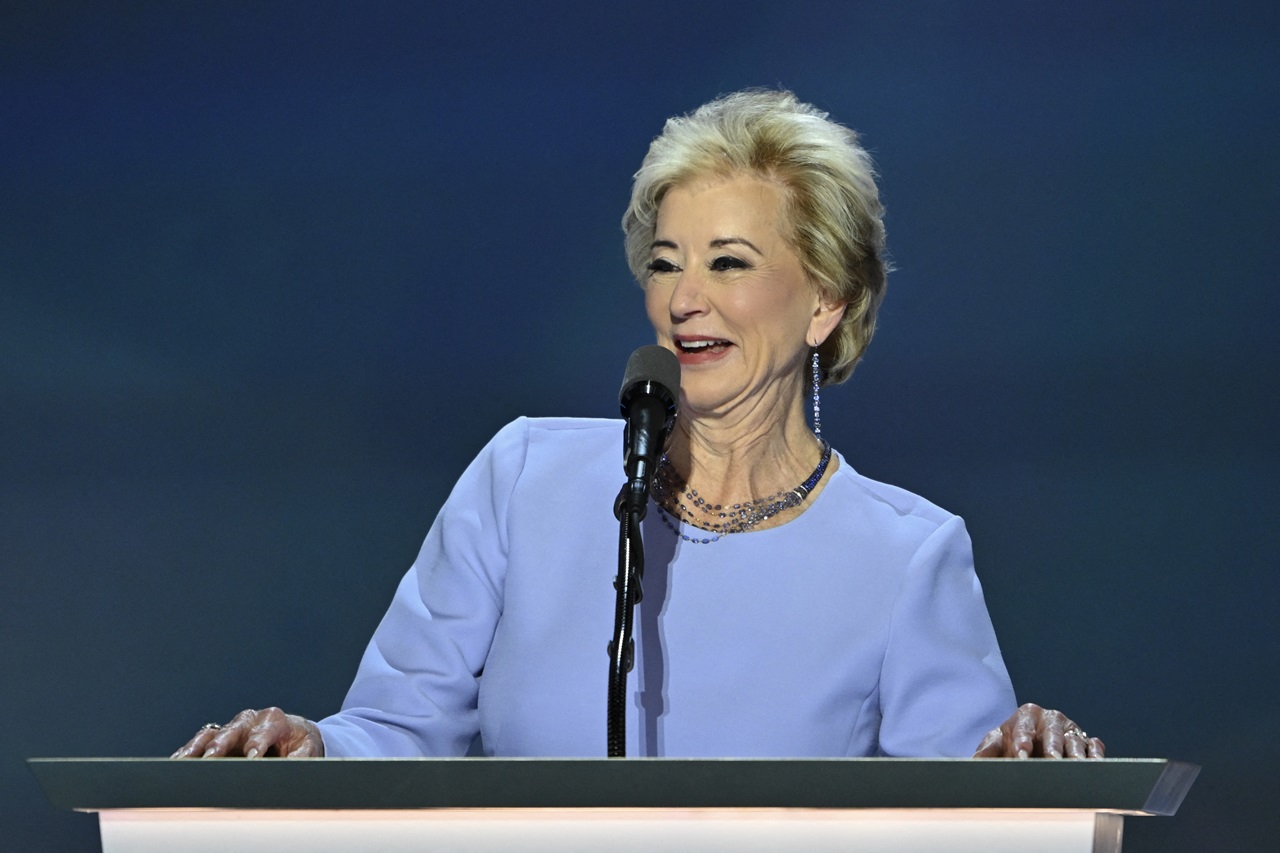
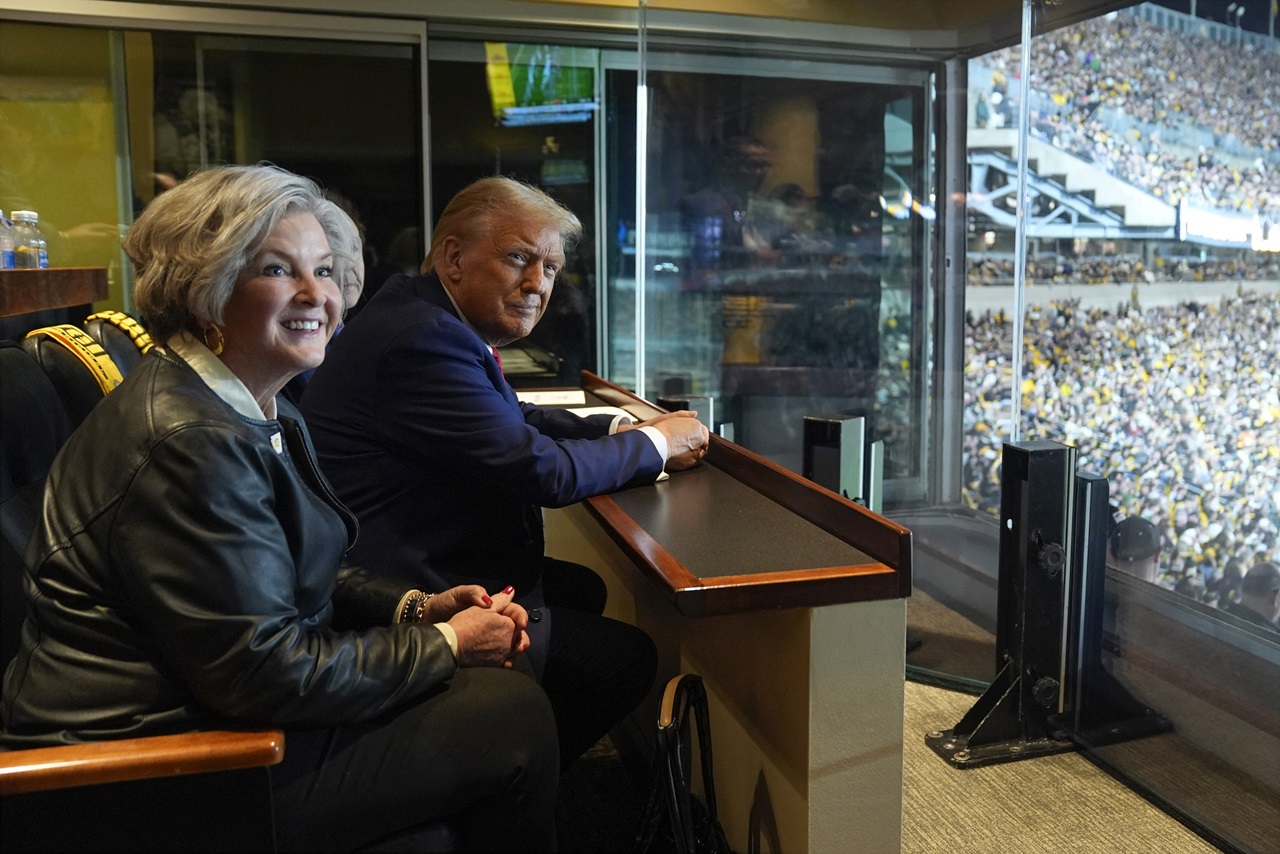
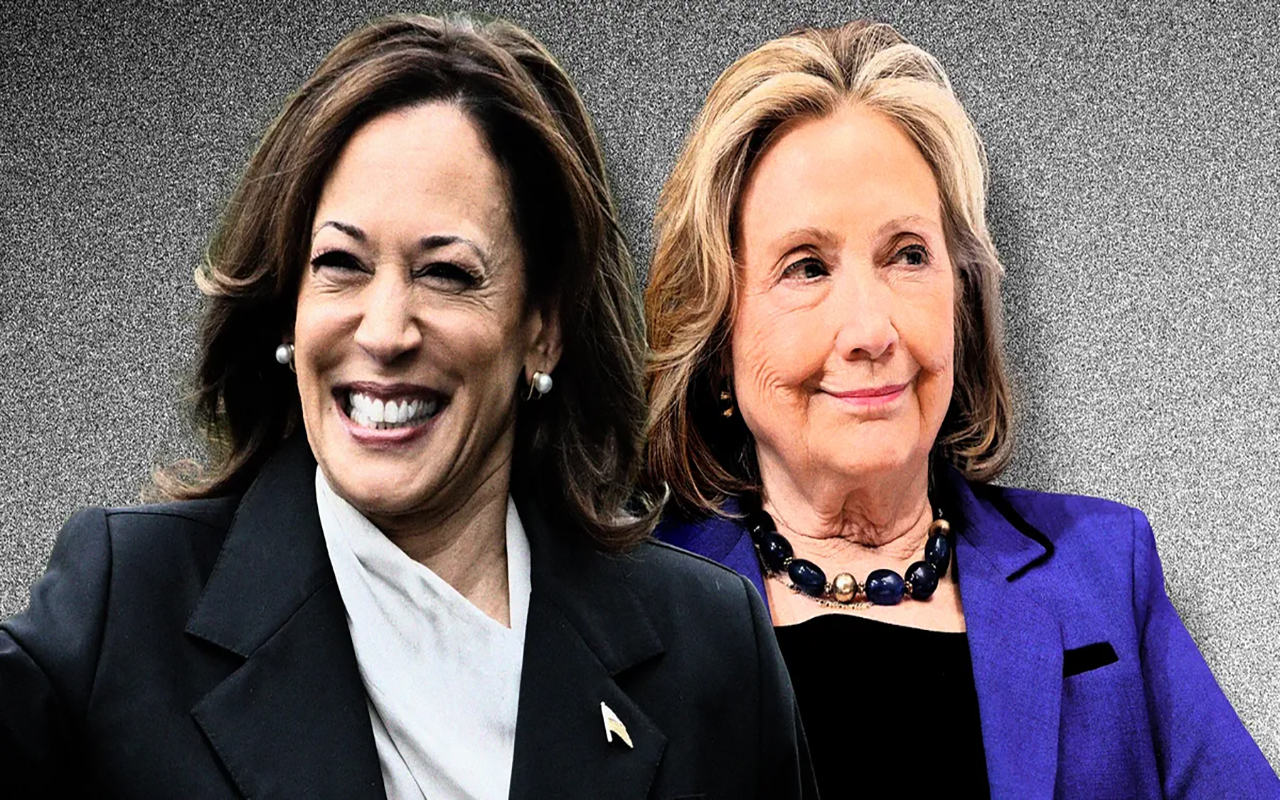
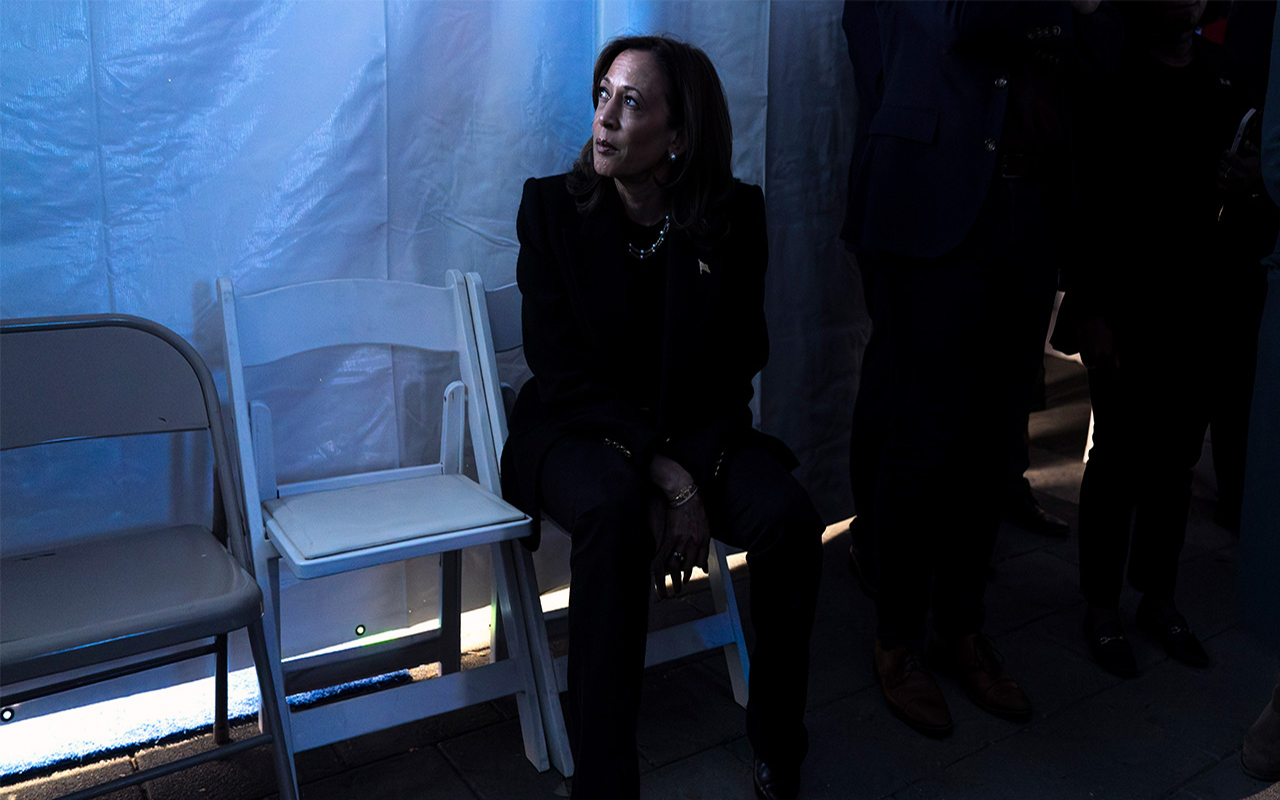
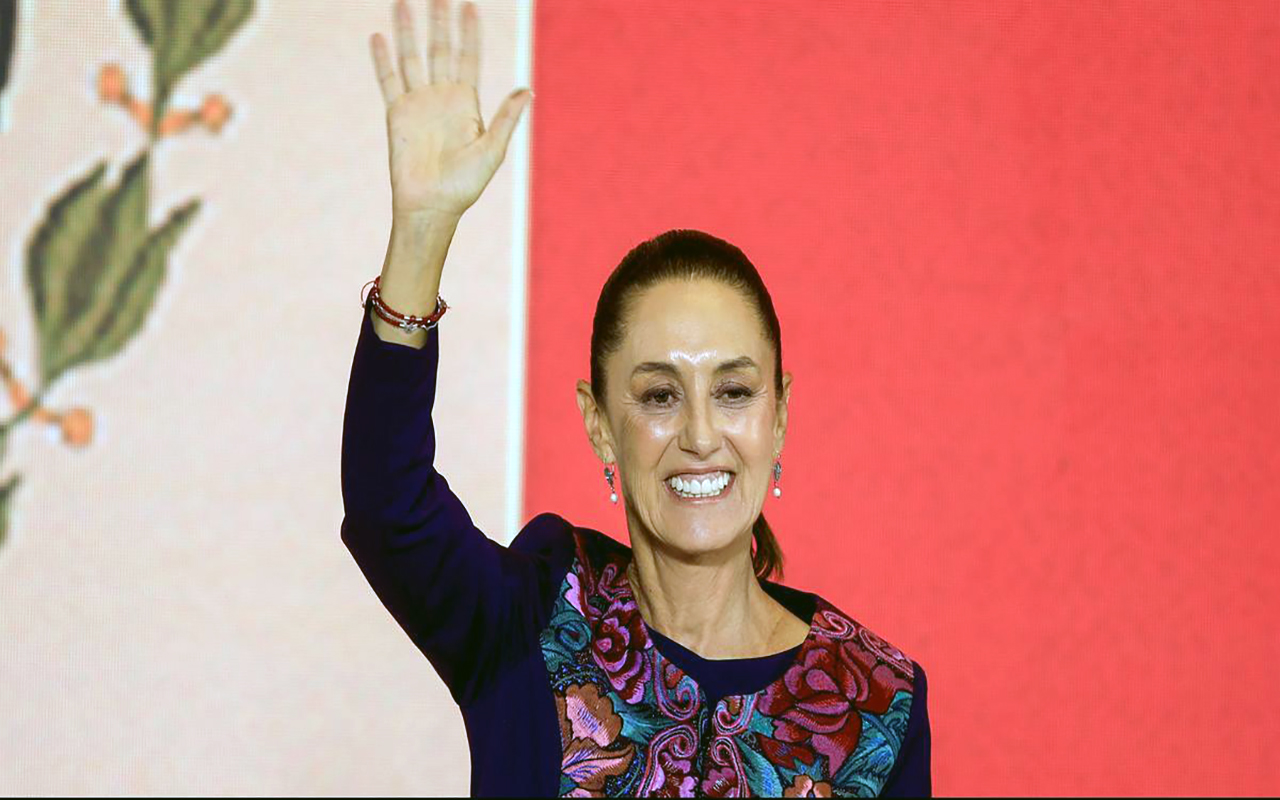


LEAVE A COMMENT: